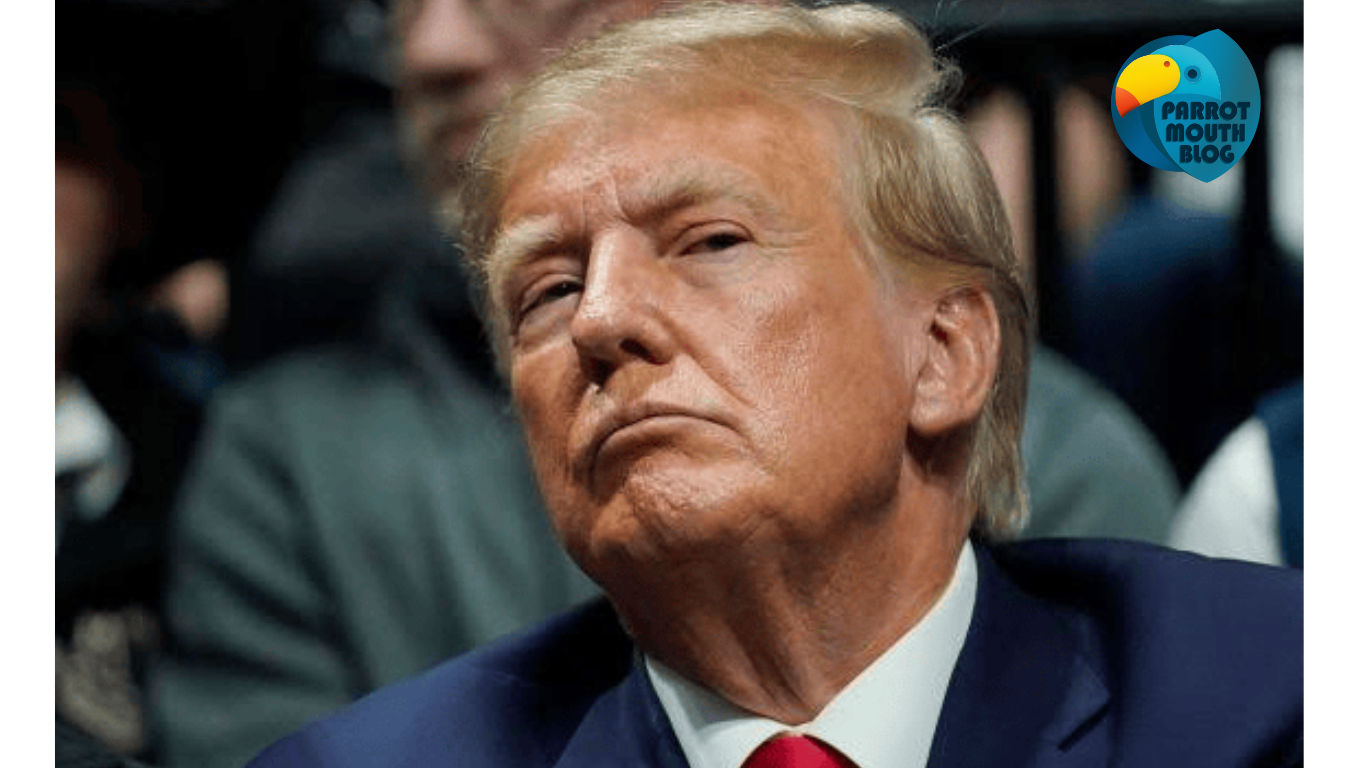In a contentious decision on his first full day in office, President Donald Trump signed an Executive Order on Monday to withdraw the United States from the Paris Climate Agreement. This move leaves the U.S. as one of only four countries—alongside Iran, Libya, and Yemen—outside the landmark global accord aimed at combating climate change.
The withdrawal represents a major reversal in U.S. climate policy, prioritizing fossil fuel production over renewable energy initiatives. Trump’s decision was met with widespread condemnation from environmentalists, scientists, and political leaders, who warned of the long-term economic and environmental consequences.
“The United States must continue to show leadership on the international stage if we want any say in how global investments and policies are shaped,” said Gina McCarthy, former White House climate adviser and EPA head. She criticized the move, calling it a setback for clean energy advancements and climate progress.
The Paris Agreement, established in 2015, seeks to limit global warming to below 2 degrees Celsius, with an aspirational target of 1.5 degrees Celsius. The U.S. had exited the pact during Trump’s first term, only to rejoin under President Joe Biden in 2020. Trump’s renewed withdrawal underscores his administration’s commitment to expanding fossil fuel use and rolling back clean energy policies, including subsidies for electric vehicles and renewable projects.
Analysts project that Trump’s climate policy reversal could cause U.S. emissions to decline by just 24 to 40 per cent below 2005 levels by 2030—falling short of Biden’s ambitious 61 per cent reduction target. In 2024, U.S. greenhouse gas emissions dropped by a mere 0.2 per cent, despite advances in solar and wind power under Biden’s Inflation Reduction Act.
Trump also signed a formal notification letter to the United Nations, triggering a year-long withdrawal process. The U.S. will officially exit the Paris Agreement in early 2026, further isolating itself on the global stage. Environmental advocates and international climate leaders have decried the decision, warning that it undermines global efforts to combat climate change at a critical juncture.








